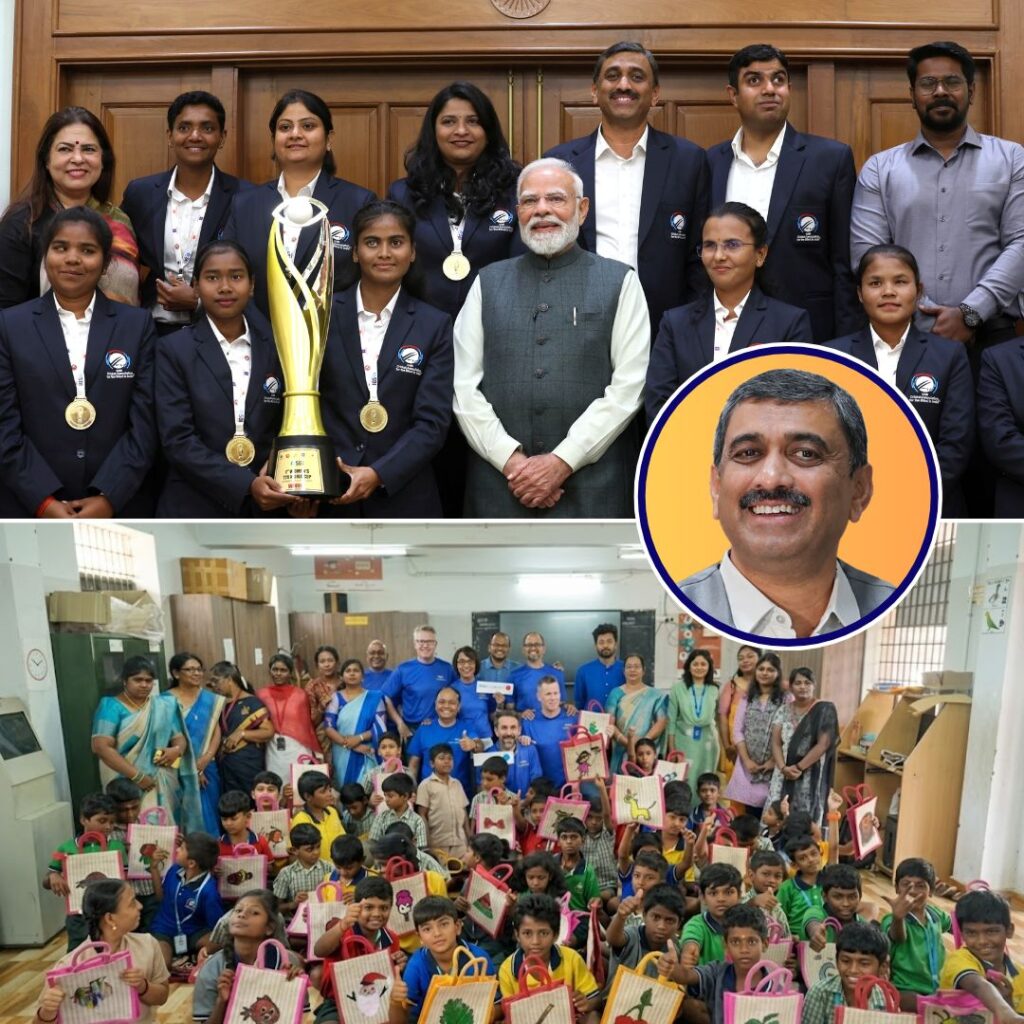Image Source: huffingtonpost
Facebook has undoubtedly revolutionized the way we connect with our friends and families. It has provided a social networking platform for various artists and businesses. In fact, we, at The Logical Indian, owe our success largely to Facebook.
The reasons why Facebook intentions are not all about doing good things:
1. The idea is to kill any possibilities of competition
Imagine this: what if there was an equally competent social media website that provided a stiff competition to Facebook? Ideally, both websites should try to compete healthily through innovation and improved user-friendliness. But as it turns out, Facebook has a history of adopting rather unethical means to get rid of competition and monopolize the social media market!
Tsu.co is an invite-only social networking website launched in October, 2013. In September 2015, Facebook users observed that Facebook banned any mention of the link “Tsu.co” in posts or in messages.
So why was Facebook afraid of a new, relatively tiny website? Tsu followed a new, unique revenue model – it paid 90% of its revenue to the users who create the content that leads to revenue in the first place. Facebook looked at this innovative model as a very serious competition and adopted the unethical means of blocking links, to maintain its supremacy. The ban was, however, lifted in December, 2015 after a major backlash.
Looking at “Free Basics” once again, it is easy to understand that this time the motivation is no different than it was while banning Tsu.co. Free Basics offers Facebook and its partners’ services for free on Reliance network while charging normally for its competitors’, thereby potentially monopolizing Facebook’s services.
2. Not providing clear information and keeping things vague
- While Facebook has said it will not display ads via Free Basics now, it has repeatedly refused to make that a permanent commitment.
- Facebook says it is ready to partner with any telecom providers but they are already partnered with Reliance and is asking its users to request to their respective telecom providers to join them, which is a hogwash.
3. Using the name ‘Free Basics’ which violates Indian law
In its campaign, Facebook is also using the generic phrase “free, basic Internet” interchangeably with “Free Basics”, the name it has given its private, proprietary platform. This is in blatant violation of Indian rules on advertising, which forbid generic words being used for brands and products. This is from a company which, in spite of having 125 million Indian subscribers, refuses to be sued in India, claiming to be an American company and therefore outside the purview of Indian law. Nor does it pay any tax in India.(Source: thehindu)
While Facebook welcomes (in principle) its partners to join Free Basics, no other social networking site will ever dare join the network. This is because Facebook has the right to monitor the data sent between you and a website, and might use it to improve its targeting ad mechanism. Now a competitor of Facebook would never want to give away your usage information to Facebook for its own benefit, and hence would never sign up for Free Basics.
So it’s time we ask ourselves the following questions and voice our opinions.
First of all, why should a foreign company, Facebook, dictate terms and conditions for a programme in India? Note, Facebook does not subsidize the Free Basics plan, Reliance pays for it and Facebook only dictates the terms! Why would Facebook, a company which has never advertised its core product, suddenly spend billions in advertising something that would not be beneficial for itself?
Secondly, why should only certain websites be free? If the average “Free Basics” data usage be, say, 50 MB per month, then why not give a capped data usage of 50 MB to every user with access to the open web? That would both uphold net neutrality and cost the same to the service provider.
Lastly, if net neutrality has to be compromised for the sake of reaching every Indian, why doesn’t a neutral body with no corporate interests, such as the Indian Government, dictate the terms instead of a foreign corporate body? We could have free access to IRCTC, SBI, DD News, India Post, Passport Seva, NCERT e-books, etc. without giving any corporate body an unfair advantage in the process.
In conclusion, Facebook’s version of Free Basics is just another marketing gimmick aimed at monopolizing Facebook’s services among 1.3 billion Indians and dictating internet usage in India. We must take urgent steps to prevent Facebook from implementing the service and form our own version of Digital India free from foreign dictatorship.
We urge all our community members to sign this petition to uphold Net Neutrality in India. In addition, please take a few minutes to visit www.savetheinternet.in and write an email to TRAI replying to their consultation paper and voicing your opinion. It just needs a few clicks from you to save the internet.
We have few days left to act. Please make an informed decision as soon as possible and spread the information.













